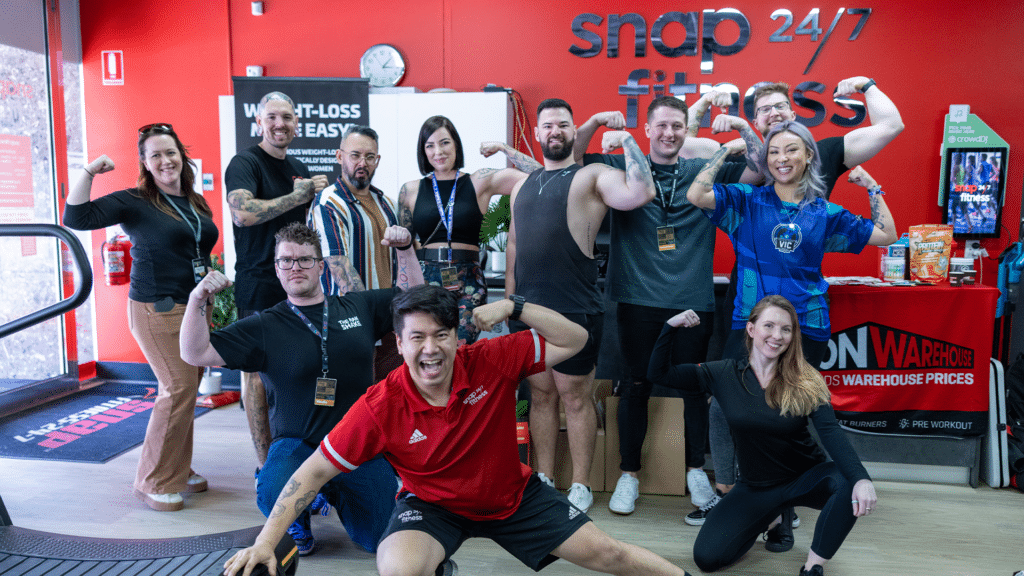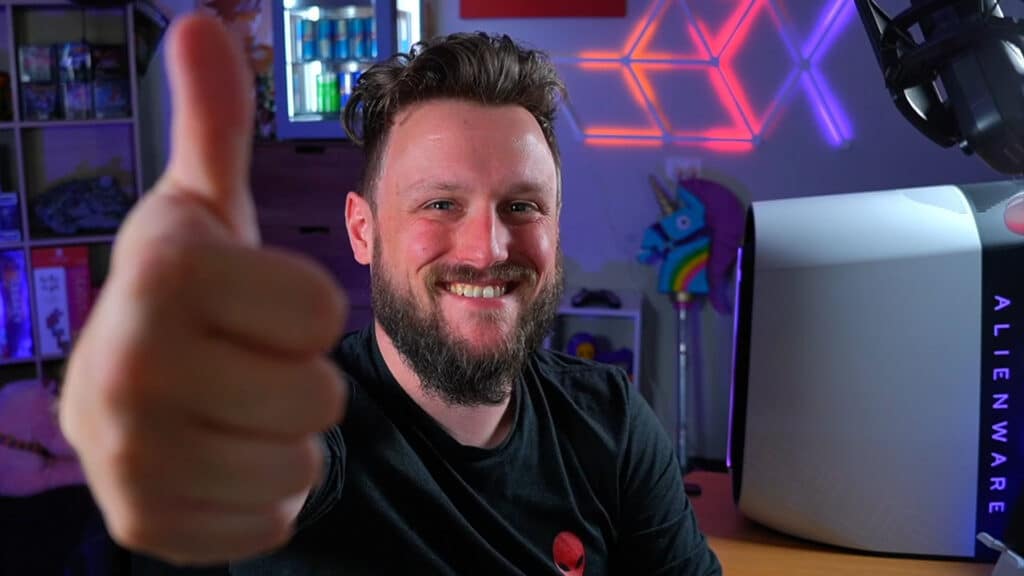Mads Mackenzie is a developer/writer with two games to their name, currently working on a third, as well as currently undertaking a PhD in game studies. So, essentially, they are a Master Of Words And Stuff.

Mads Mackenzie
(They/Them)
Writer/Narrative Designer/PhD Student
Twitter | itch.io
goto.game: What’s it like being LGBTQI+ in ANZ games industry in 2020?
Mads: Mostly pretty good! As the most independent flavour of indie dev, beholden to nothing but my projects and whoever I’m working with, I don’t run into the rest of the industry much outside of events, and we’re not having a lot of those at the moment. I feel like the majority of the leaders on the indie side of the scene make an earnest attempt at being inclusive, especially at the flagship events of NZGF in New Zealand and Freeplay in Aus. Things can be a bit more difficult at larger events, but most of them seem well-intended, it’s just the eternal difficulty of turning good policy into good practice at a scale.
GTG: How does what you make contribute to queer ANZs landscape?
Mads: We have a lot of devs in the region either making big games with incidental queerness, or vignette-games that centre queerness but don’t last very long. Both of those things are great, but I’m really proud to be one of the few devs in the region making multi-hour games wholly dedicated to queer experiences and relationships, for when you want to spend a few evenings with a story that gets you.
Mads: We have a lot of devs in the region either making big games with incidental queerness, or vignette-games that centre queerness but don’t last very long. Both of those things are great, but I’m really proud to be one of the few devs in the region making multi-hour games wholly dedicated to queer experiences and relationships, for when you want to spend a few evenings with a story that gets you.
GTG: How do you bring your queerness into your content?
Mads: It’s tricky, honestly, and this is a bit contrary to my last answer, but I mostly make romance games and a lot of the avenues for promoting romance games discourage romance that centres non-binary characters (unless they’re blank slate player chars who’re written for self-insertion, a la Bioware), and inclusion of asexuality. The majority of tagging systems or fan communities are oriented around M/F, F/F, or M/M-designated romance, and sexual content is an expected feature of romances featuring adult characters, so even within queer circles I often feel like I have to sideline myself to get any traction with players — a lot of my queerness doesn’t really get touched on even though I’m designing queer games. I try to have non-binary and ace characters somewhere in there but I haven’t figured out how to bring them to the fore without it creating an obstacle for attracting an audience. As an example of what I mean: what language are you using when you say what romances you want in games? Goth GFs, himbos, and…? The hell of SEO and keywords and the internet is that if people don’t know who you are then they’re finding your work by searching for it. Unless you’re extremely lucky you have to be what they’re searching for or they’ll never find you. I feel kind of like Bloody Mary (or Candyman or Beetlejuice) — repeat the magic word and I’ll manifest in your home with a fresh non-binary centric game, but until then, I’ll be hanging out in the ether at half-power.

GTG: What would you change about the ANZ scene?
Mads: I know our scene has plenty of issues which I’m not fully informed about or sure how to fix, so here’s a simple one I can speak confidently on: update the events and groups that’re still labelled ‘women and non-binary’ so that they’re inclusive of trans men and indigenous genders! Come on, folks, use ‘women and marginalised genders’ or something — stop leaving our siblings high and dry, they deal with a lot of shit too and they keep getting left out.
GTG: What would you say to a young queer person who wants to do what you do?
Mads: The classic: finished is better than perfect. Just do it and get it done. Also, be good to the people who trust you to lead. If you’re lucky enough to have a team, respect their time, their health, and their life. Have fallback plans so that when they run into problems you’re not putting unnecessary pressure on them, and if you don’t, have patience instead.
GTG: Your favourite queer gaming moment?
Mads: I don’t know; I’m at a bit of a juncture where a whole lot of games I like have met a similar baseline level of inclusivity and neat queer moments, and I’m waiting for the next thing to come along and surpass them. I can’t highlight a particular game from the batch because they all do similar things and they’re mostly about us being present. Like I wanna say something from Borderlands, because they’ve been doing cool stuff for a while like a nonbinary player character (Fl4k) and a solid third of the latest instalment being based around a fun, unconventional gay couple (Hammerlock and Wainwright), but that’s more consistency than going over-and-above — Apex Legends has a nonbinary player character too, visual novels have been doing good gay stuff for years. The things that used to impress me, like this massive, beautiful VN called The House in Fata Morgana which has a trans man protagonist, are starting to lose their lustre either because they’ve been repeated or because they haven’t been — I don’t want this field to stagnate in a way that has me citing Fata Morgana for years and years, and it’s already been my go-to for these sorts of questions since about 2017.
So I think, for now, I don’t have a moment, and I’d prefer to ask everyone: what’s our next step? Personally what gets me is depth. I’d like to see more deep queer characters. Last year I got really into Doom Patrol, which is a comic that was noteworthy for having one of the first nonbinary superheroes (Rebis, in 1989), but they were flat and tokenised in a way that meant that outside of a few cool one-liners they were more of an icon than a character and they didn’t do much for me emotionally. I was happy to know they were there, but even though they were ‘mine’, I didn’t connect to them. Skip ahead to 2019 and you get the TV show version of Doom Patrol, where the central queer character is a gay man, Larry Trainor/Negative Man. Even though we don’t share an identity, he’s the one that meant something to me, because his plotline is about existing in that awkward space where you’re comfortable with yourself as a queer person but you’re hesitant about expressing it around others; he spends the first season figuring out the difference between repressing himself and just wanting some privacy. A lot of stories take this binary (hah) view where you’re either totally closeted or totally out, so seeing a story about the fuzzy in-between — whoever it was about — meant more than that basic element of ‘does this Doom Patrol have a nonbinary character or a gay character’. I’d like to see games take that step and ask what stories they’re telling with their queer characters, instead of who they are. A range of experiences is still important but if none of it is ever substantive, do we really get to see ourselves? Until then — at least I’ve got Larry.




